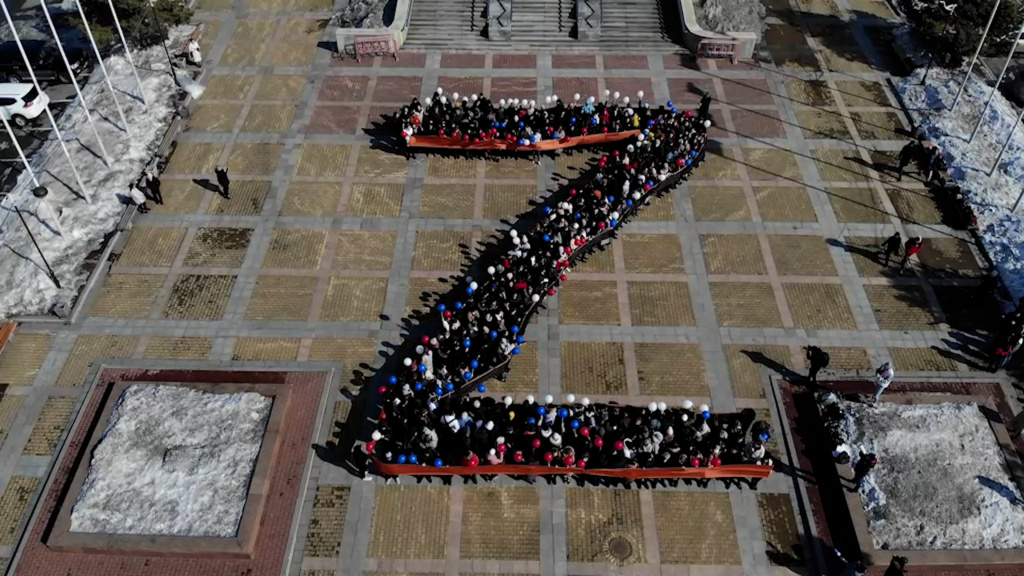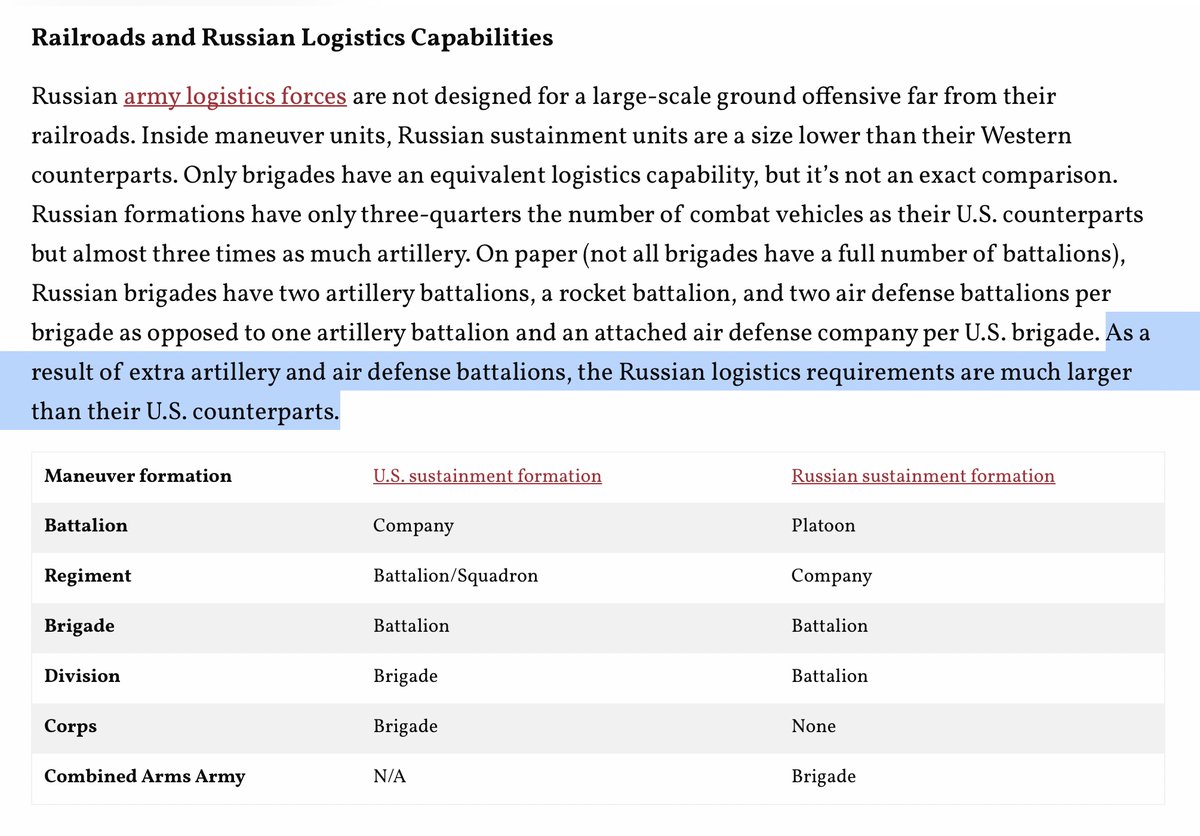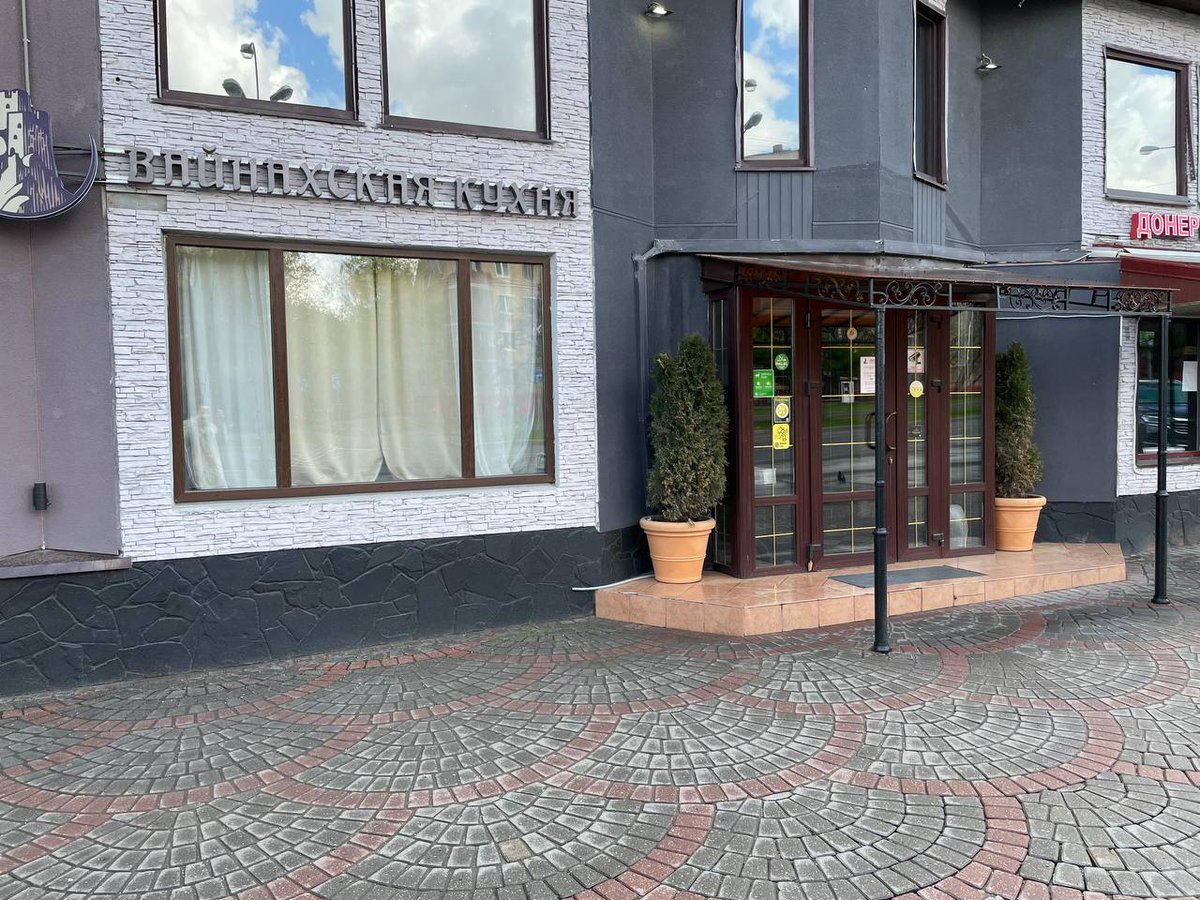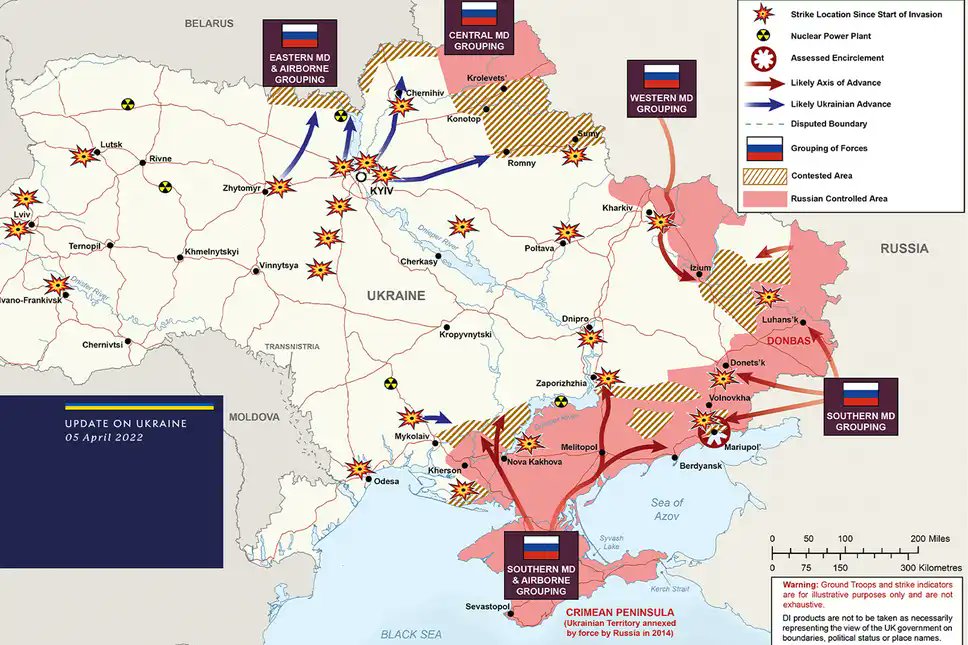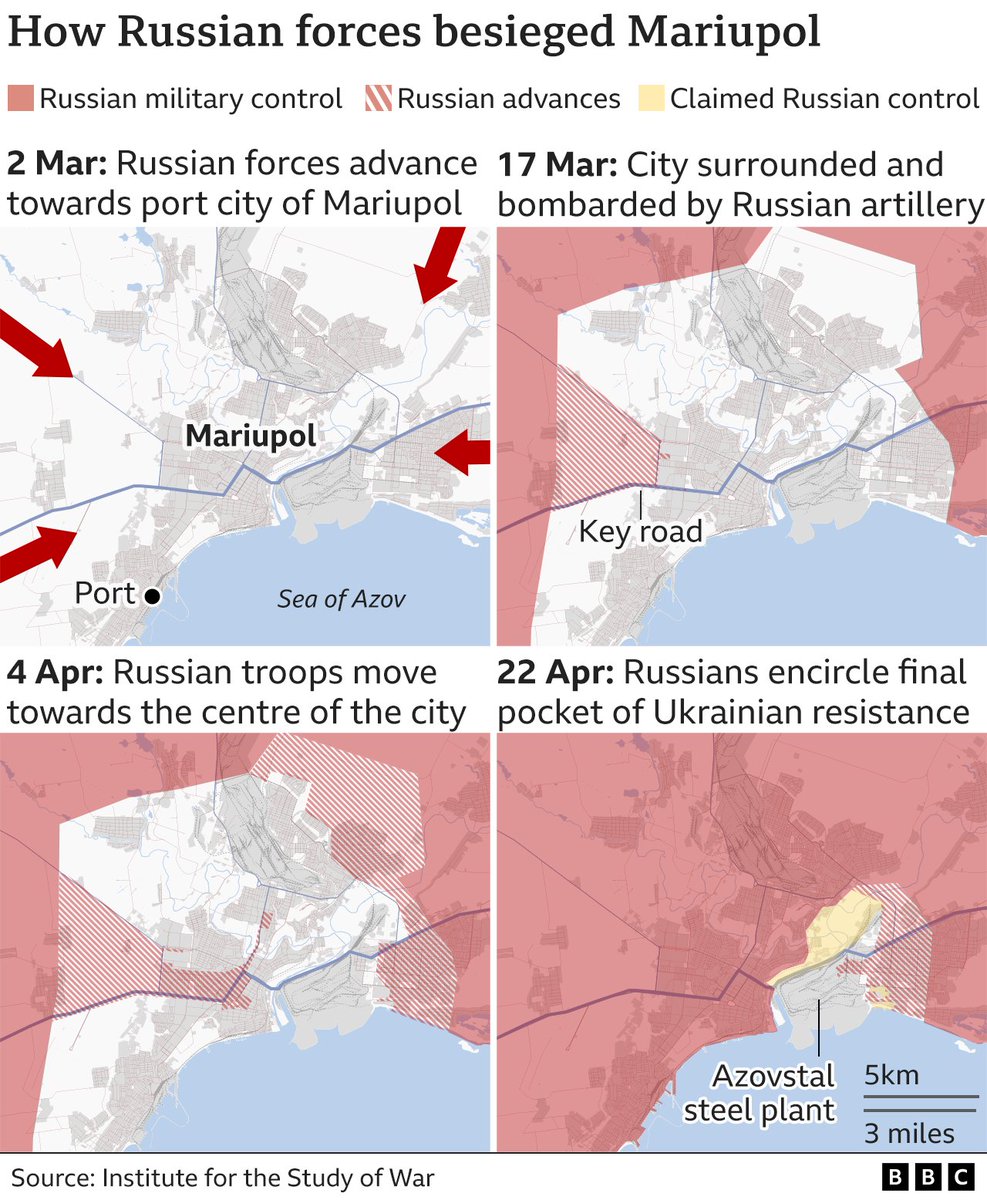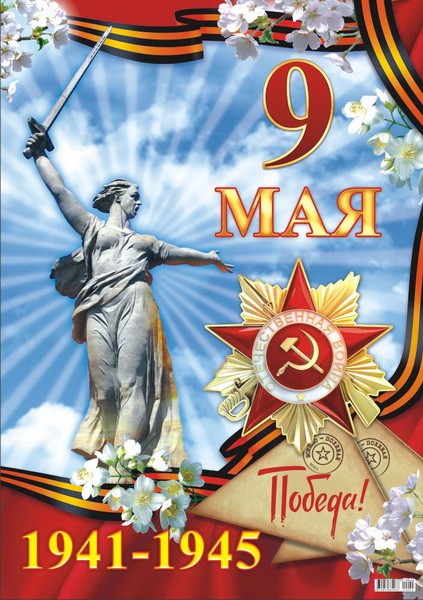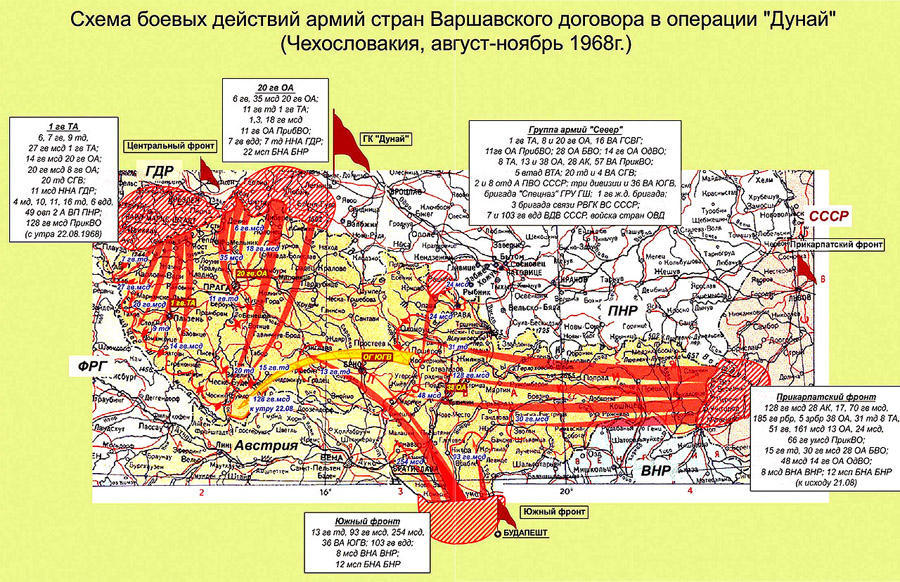
How do I make predictions?
It may be worth outlining some general principle I use when making prognoses. Let me show it on example of this thread. On February 27 I predicted Russia gonna lose the war in Ukraine. How did I come up to this conclusion?🧵
It may be worth outlining some general principle I use when making prognoses. Let me show it on example of this thread. On February 27 I predicted Russia gonna lose the war in Ukraine. How did I come up to this conclusion?🧵
https://twitter.com/kamilkazani/status/1497993363076915204
Did I have the full information on how the war was going on, on February 27? Not at all. Information I had was often biased, misleading, incomplete or simply wrong. Even in those cases when I was pretty sure about the accuracy of my data, it would still be rife with holes
So how do you make prediction based on incomplete data? You extrapolate. The thing is - data we have is *always* incomplete, even if accurate. Yes, theoretically you could try to collect as much data as possible and try to verify it all. That's possible. But that gonna take years
Theoretically you could approach this problem super rigorously, trying to recreate the picture of what is going on in a very detailed way with maximal accuracy. Unfortunately results of your work gonna be pretty much useless except for the academic purposes. They'll come too late
I think anyone with somewhat decent quantitative training understands the fundamental dilemma: the logical rigour and the practical applicability are two very different things. They're not technically mutually exclusive. But they're still different and you can't max both
Judging from my (very limited) experience, natural scientists understand this dilemma *way* better than social scientists, including the economists. Social scientists too often try to max the rigour for status reasons (we're scientists, too!), even when that's counterproductive 

In this particular case, the rigorous approach (collect the data, make sure all of it is super accurate, then make a narrow limited argument) would be pretty much useless except as a material for a PhD. Meanwhile the practical approach could not be rigorous. And it wasn't
Unlike the rigorous approach; when you are dealing with the problem in a more practical way, you should focus on the important data and ignore the unimportant one. You can (and should) use very mundane and low status, unqoutable sources, if you can infer from them sth important
Practical approach:
1. Identify what is important for the Russian success or failure
2. Collect as much data about what is important as you can
3. Make a subjective judgement about whether it is sufficient to make a prognosis
4. If it is sufficient, do it
1. Identify what is important for the Russian success or failure
2. Collect as much data about what is important as you can
3. Make a subjective judgement about whether it is sufficient to make a prognosis
4. If it is sufficient, do it
What was important for the Russian success or failure? First thing you should understand to identify anything truly important, is that Russian state is * very* procedural and algorithmic. Yes, it has non-procedural elements in it (that explains the place of Kadyrov in the system) 

And yet, as a general rule, Russian state, including its civil service, its military, its state security is super procedural. In fact, much of the Kafkaesque impression that the Russian state is making on foreigners, results from its extreme procedurality (=/= legality) 

More specifically, the war is also procedural. Two key war algorithms are outlined in the federal laws on the martial law and the mobilisation plan.
1. Martial Law 30.01.2002 N 1-ФКЗ consultant.ru/document/cons_…
2. Mobilisation plan 26.02.1997 N 31-ФЗ consultant.ru/document/cons_…
1. Martial Law 30.01.2002 N 1-ФКЗ consultant.ru/document/cons_…
2. Mobilisation plan 26.02.1997 N 31-ФЗ consultant.ru/document/cons_…
By February 27 neither algorithm had been activated. I think that pretty much all crucial aspects of the martial law algorithm are available for the general public. And I was sure the inactivation of these algorithms would have grave consequences for the Russian war efforts 

The most obvious consequence of not having activated the martial law algorithm, was that Russia was procedurally-wise in the peace time. So a job of a professional soldier (contractor) was just a job and you could leave anytime. And many did to the horror of Russian nationalists
Lots of the Russian military either left the army or just refused to go to Ukraine. The best known cases include 80 marines from Crimea, 60 airborne from Pskov, 58 soldiers from Kaliningrad. In reality there were many more. Theoretically they could be prosecuted. No one was
According to Maxim Grebenyuk, since the start of the war not a single deserter was prosecuted for breaking 322 УК. Since there was no war, and the martial law had not been declared, procedure-wise Russia was in peace zona.media/article/2022/0…
Of course, higher ups can try to punish deserters. That's for example a stamp in a personal file: "Inclined to the treason, lie and cheating. Refused to participate in the special military operation in Ukraine, DPR and LPR". Procedurally speaking however, this stamp is weak 

Btw: for a better insight into the Russian military, I recommend following the attorney Grebenyuk's channel. In the past he charged 100 thousand rubles for helping the military to sue their commanders. Since the start of the war, he works for free
t.me/military_ombud…
t.me/military_ombud…
Of course, all of this desertion and the lack of any serious punishment started happening en masse much later. But by February 27 it was very predictable. Without the martial law declared, commanders wouldn't be able to keep people in the army or send them to Ukraine by force 

But why would Kremlin need to use force to send troops to Ukraine, if Russian people are so patriotic? Here comes the lived experience. Having lived in Russia for most of my life, I know that the bulk of the Russian military are mercenaries who enlisted for the economic benefits 

Most Russian professional soldiers were very willing to serve in the peace time for the benefits, like housing. In the war time that makes much less sense. You gonna lose your benefits and the prospect of working for the state, but at least you'll be alive. And keep your legs 

The argument about Russian being indifferent to casualties is both right & wrong. Russians are indeed largely indifferent to the deaths of other Russians, when it's done for the right cause and lavishly compensated. They however, are less indifferent to losing their *own* life
Patriotic grannies and grampas may be willing to fight the war to the last soldier. Soldiers themselves are however far less enthusiastic. Russian army is a mercenary army and the longer this war lasts, the less attractive the mercenary service becomes
The more Russian soldiers are KIA, the less popular this war becomes among those who should fight it. Sofa troops might wish to fight till the end. But the morale of the Russian mercenary troops decline with every new destroyed battalion. They joined the army for cash & benefits 

Whereas the martial law algorithm is largely available to the public, the mobilisation plan is not. Mobilisation here includes not only the mass draft, but also the mobilisation of the economy, production, and the abrupt change in almost all other state procedures and algorithms
By February 27 I had all the necessary indicators that the mobilisation algorithm had not been activated. Russia had a plan of quickly converting its economy for the war mode. Idiosyncratic it may be, it could boost the Russian military performance for a while. That didn't happen
Regarding the mass draft, it might be ordered, but couldn't be executed properly. The USSR prepared for the mass mobilisation and maintained the costly infrastructure for it. But it was systematically dismantled in the 2010s. New Russian military doctrine excludes this option 

Now you may ask, how did the Russians start this war without activating two crucial war algorithms? Well, the obvious answer is that they didn't prepare for the war. They prepared for a Czechoslovakia 1968 pacification scenario, just under more favourable circumstances 

From the Kremlin's perspective, Ukraine or at least East and South Ukraine was basically Russia. Since people there were supposed to be pro-Russian, Kremlin assumed that they would be collaborating with Russia willingly and on every level. Including supplying the army of invasion 

Crazy pictures of the early days of this war with the Russian columns stuck in the fields and along the highways make more sense, if the Russian military expected the mass and willing collaboration from the Ukrainians. It were the Ukrainians who were supposed to provide the fuel
Russian commandment expected the Ukrainians to actively assist the army of invasion and provide it with whatever supplies will be necessary. Instead, they got the mass sabotage and the guerilla war. It was the guerrilla that destroyed the Russian supply lines
And the artillery-centric Russian army needs a lot of supplies. The further it got from the Russian border, the more difficult it was to supply the first echelon through the guerilla-covered country. That was the main reason why Russian army had to retreat from the Kyiv direction 
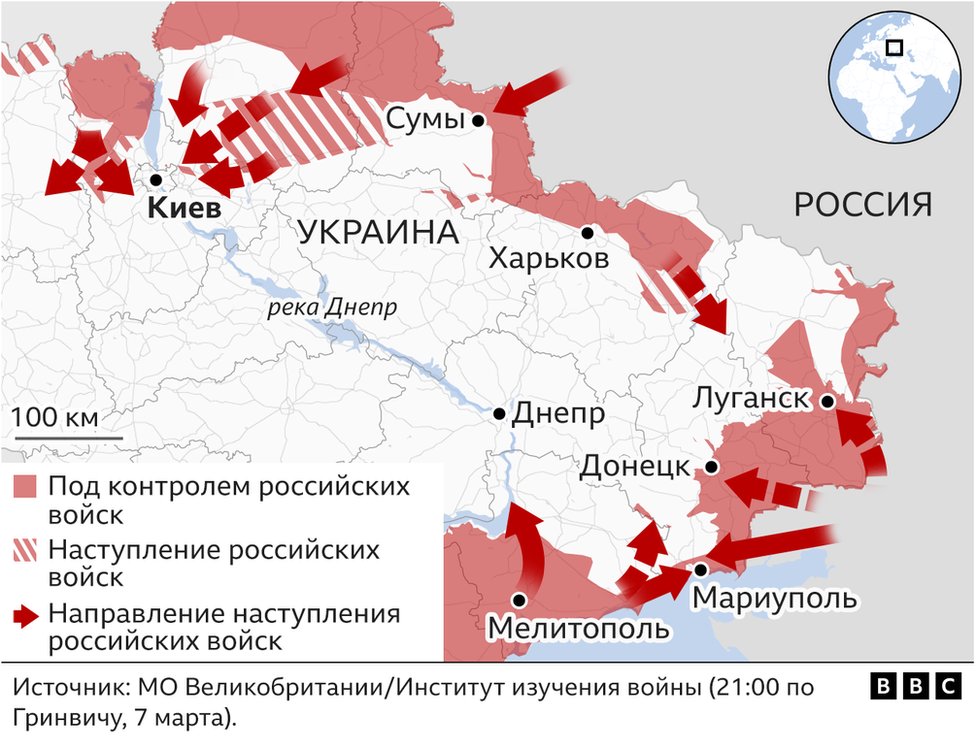
Russia had an algorithm for switching its procedures to the war time mode. It had not been activated. Russia had an algorithm for switching its economy to the war time mode. It had not been activated either. Finally, Russia could at least properly prepare the logistics. It didn't
Would all of these algorithms work out, if activated? Good question. Some of them probably would, like the martial law. Some wouldn't work out well, like the mass draft. But they didn't even try. They got into the war they didn't prepare for. They didn't expect resistance
The only realistic scenario for the Russian victory would be immediately crushing the Ukrainian state and military machine. Then it could systematically exterminate the guerrillas for months and years. But the first strike didn't destroy Ukraine. That meant Russia lost
I covered only one factor that helped me to determine that Russia lost this war on February 27: the fact that it didn't activate its own war algorithms. There were of course other factors, such as the sanction policy (which I'll cover later)
Paradoxically enough, while underrating the procedurality of the Russian state, Westerners might be absolutising the procedurality of their own governments. The unofficial economic repercussions might have started much earlier than the official sanctions were imposed
Russian politician Chadayev wrote (in a later deleted post) that CEOs of the military factories confided to him that the last shipments of the crucial components were shipped off on February 24. The moment the Russian troops crossed the Ukrainian border, they stopped
Unfortunately, Chadayev didn't specify which countries and which companies stopped shipping off the components so necessary for the Russian military industry the moment Russian troops crossed the border
The analysis I just outlined was conducted very quickly. And yet, that's not always possible. Sometimes you need time and a team to produce results in a due time. Right now we are conducting an analysis on what I consider to be truly important about the Russian war performance
Donations some of which have been *outrageously* generous help me to pay my assistants. But some still have to work their regular jobs or operate businesses. The more cash I collect, the more of their time I can compensate. And some of them have the specific expertises I lack
If you want to support our work, there are several options:
Patreon patreon.com/kamilkazani922
Zelle +12027306766
Cashapp $kamilkazani
Patreon patreon.com/kamilkazani922
Zelle +12027306766
Cashapp $kamilkazani
Or via crypto:
ETH/DAI 0xA9FA4454cC3EC0Ff521926BB5F8D4389bA0e665a
BTC bc1qvqc2y8n452t4uuzgqqaq5g2uz3ha2qew44uekv
XLM GBHWTFIA5IWM6LGV54ZEOXVYVFA5ABP6J6V2RAL4MDDEKS6EIWVWKTCP
XMR 45VxYSxCFtBJyXD77YtMhBVoo3ZzskqLfK6jNHVBd6P4NVQJUcTu3FWbL3doQkLtsVLn3s7nocY1URyhyjkqvdX86fzThvL
ETH/DAI 0xA9FA4454cC3EC0Ff521926BB5F8D4389bA0e665a
BTC bc1qvqc2y8n452t4uuzgqqaq5g2uz3ha2qew44uekv
XLM GBHWTFIA5IWM6LGV54ZEOXVYVFA5ABP6J6V2RAL4MDDEKS6EIWVWKTCP
XMR 45VxYSxCFtBJyXD77YtMhBVoo3ZzskqLfK6jNHVBd6P4NVQJUcTu3FWbL3doQkLtsVLn3s7nocY1URyhyjkqvdX86fzThvL
My first text-form long read will use a very similar approach, but executed in a more meticulous and time consuming manner, byteam. I'll announce it later. End of 🧵
• • •
Missing some Tweet in this thread? You can try to
force a refresh



